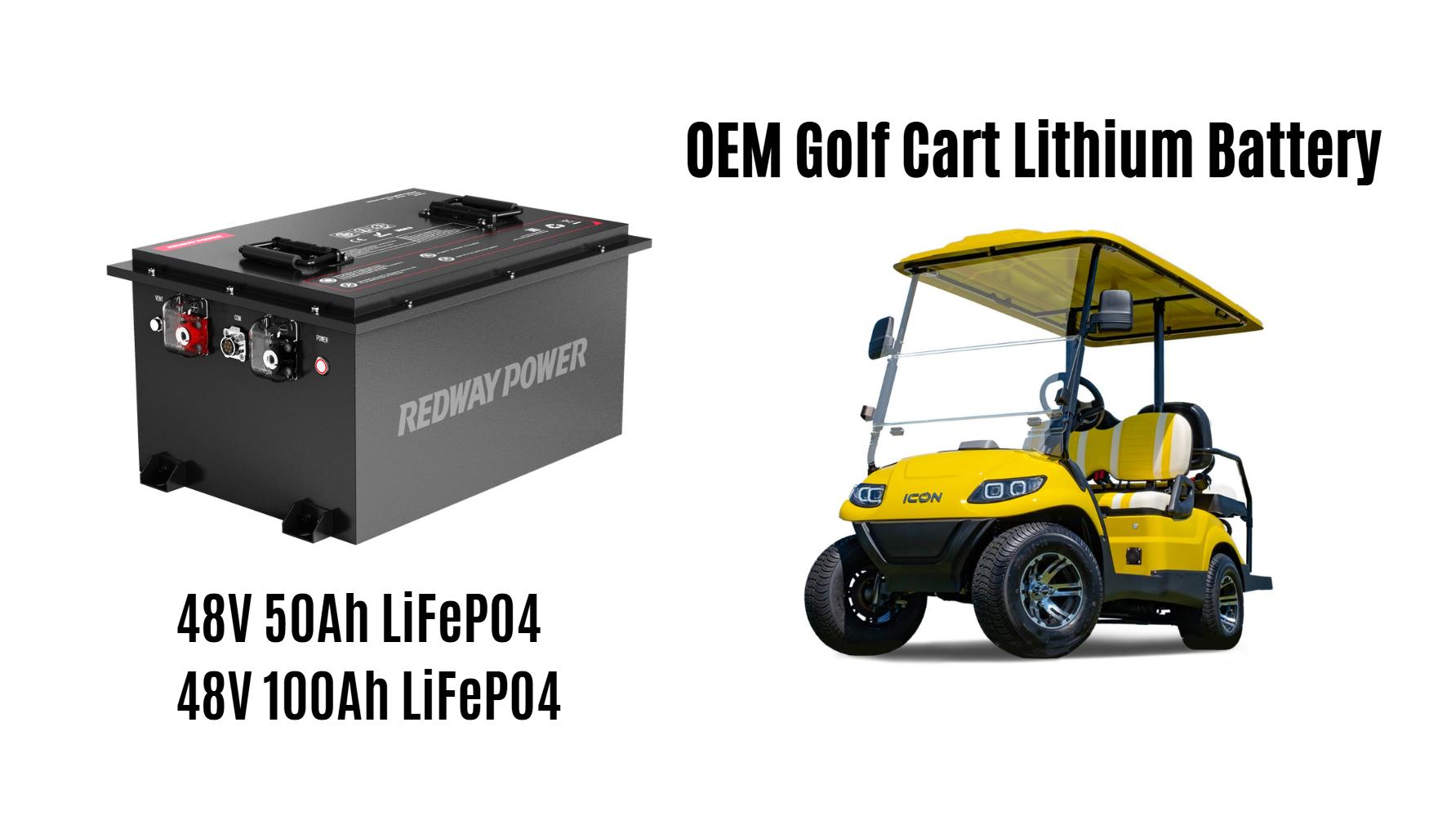Club Car golf carts are known for their durability, advanced lithium-ion batteries, and customizable options, catering to golf courses and commercial use. ICON EVs prioritize modern design, affordability, and tech-forward features like touchscreen dashboards, targeting recreational users. Key differences include performance, pricing, and user experience, with Club Car emphasizing longevity and ICON focusing on innovation and accessibility.
How Do Club Car and ICON EVs Compare in Performance and Range?
Club Car models, such as the Tempo and Onward, offer ranges of 30-50 miles per charge using lithium-ion batteries, ideal for hilly terrain. ICON EVs, like the i40, deliver 60-75 miles with lead-acid or optional lithium batteries, focusing on extended leisure use. Club Car excels in torque, while ICON prioritizes sustained range for casual driving.
What Are the Durability and Build Quality Differences?
Club Car uses aircraft-grade aluminum frames and rust-resistant coatings, ensuring 10-15+ year lifespans. ICON EVs feature steel frames with powder-coated finishes, lasting 8-12 years under moderate use. Club Car’s commercial-grade construction suits harsh environments, whereas ICON balances durability with cost-effectiveness for light recreational use.
Which Brand Offers Better Technology and Customization?
ICON EVs include touchscreen displays, Bluetooth, and LED lighting as standard. Club Car offers modular upgrades like GPS tracking and premium seating. While ICON integrates modern tech out-of-the-box, Club Car provides tailored customization for fleet management or luxury preferences, appealing to diverse user needs.
How Do Pricing and Maintenance Costs Differ?
Club Car carts range from $10,000-$15,000 with higher upfront costs but lower long-term maintenance. ICON EVs start at $7,000-$12,000, using affordable lead-acid batteries that require frequent replacements. Club Car’s lithium-ion batteries last 2-3x longer, reducing lifetime costs despite the initial investment.
What Are the Environmental Impacts of Each Brand?
Club Car’s lithium-ion batteries reduce landfill waste and charge 30% faster, lowering carbon footprints. ICON’s lead-acid batteries are widely recyclable but less energy-efficient. Both brands comply with EPA guidelines, but Club Car’s energy-efficient motors and sustainable manufacturing practices give it an edge in eco-friendliness.
How Do Safety Features Compare Between Club Car and ICON?
Club Car includes automatic braking, LED headlights, and stability control as standard. ICON offers seatbelts, regenerative braking, and reflectors. Club Car’s commercial-grade safety systems are optimized for high-traffic areas, while ICON focuses on essential protections for low-speed recreational use.
Expert Views
“Club Car’s integration of lithium-ion technology sets a benchmark for reliability in the golf cart industry. However, ICON’s aggressive pricing and tech integrations are reshaping consumer expectations, especially among younger buyers. The choice ultimately hinges on prioritizing longevity versus innovation.” — Redway EV Solutions Team
Conclusion
Club Car and ICON EVs cater to distinct audiences: Club Car excels in durability and commercial use, while ICON offers cutting-edge tech at lower costs. Evaluating terrain, budget, and usage frequency will guide the optimal choice, with both brands providing unique advantages in the evolving EV market.
FAQs
Q: Can ICON EVs handle steep hills?
A: ICON EVs perform moderately on hills but lack the torque of Club Car’s commercial motors, which are better for steep terrain.
Q: Are Club Car batteries interchangeable with ICON?
A: No—Club Car uses proprietary lithium-ion systems, while ICON supports lead-acid or third-party lithium upgrades.
Q: Which brand has better resale value?
A: Club Car retains 60-70% of its value after 5 years due to its rugged build, compared to ICON’s 40-50%.




